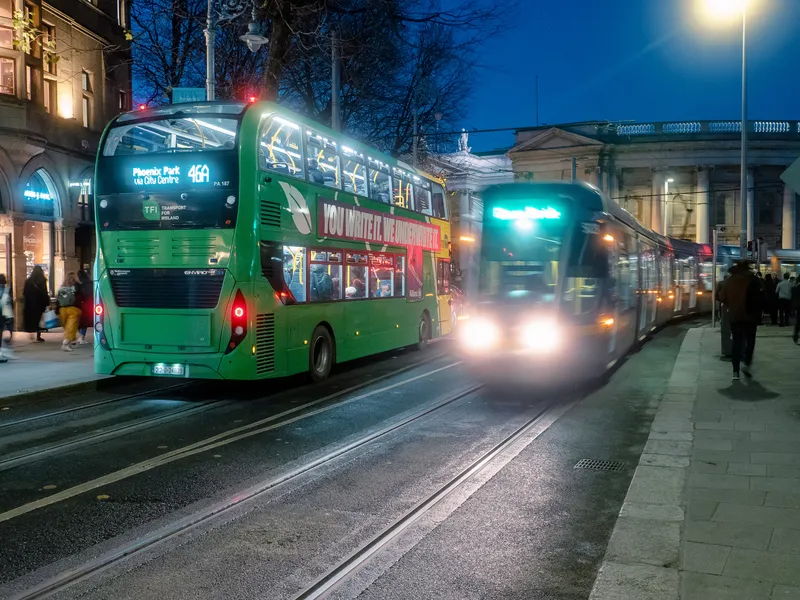Bus Rapid Transit (BRT) has been presented as a good and cheaper alternative to new tramways in Stockholm, according to a report from the consultancy WSP. If the BRT buses are operated on biofuel or electric-hybrid then this form of transport is also as green as trams.
April 25, 2012
Read time: 1 min
Bus Rapid Transit (BRT) has been presented as a good and cheaper alternative to new tramways in Stockholm, according to a report from the consultancy WSP. If the BRT buses are operated on biofuel or electric-hybrid then this form of transport is also as green as trams.
According to the WSP report, 12 kilometres of tramway is as expensive to build as 54 kilometres of BRT and the two systems would have the same capacity. The report was undertaken in response to plans by the Stockholm City Council to build more tramways in the city.
According to the WSP report, 12 kilometres of tramway is as expensive to build as 54 kilometres of BRT and the two systems would have the same capacity. The report was undertaken in response to plans by the Stockholm City Council to build more tramways in the city.










